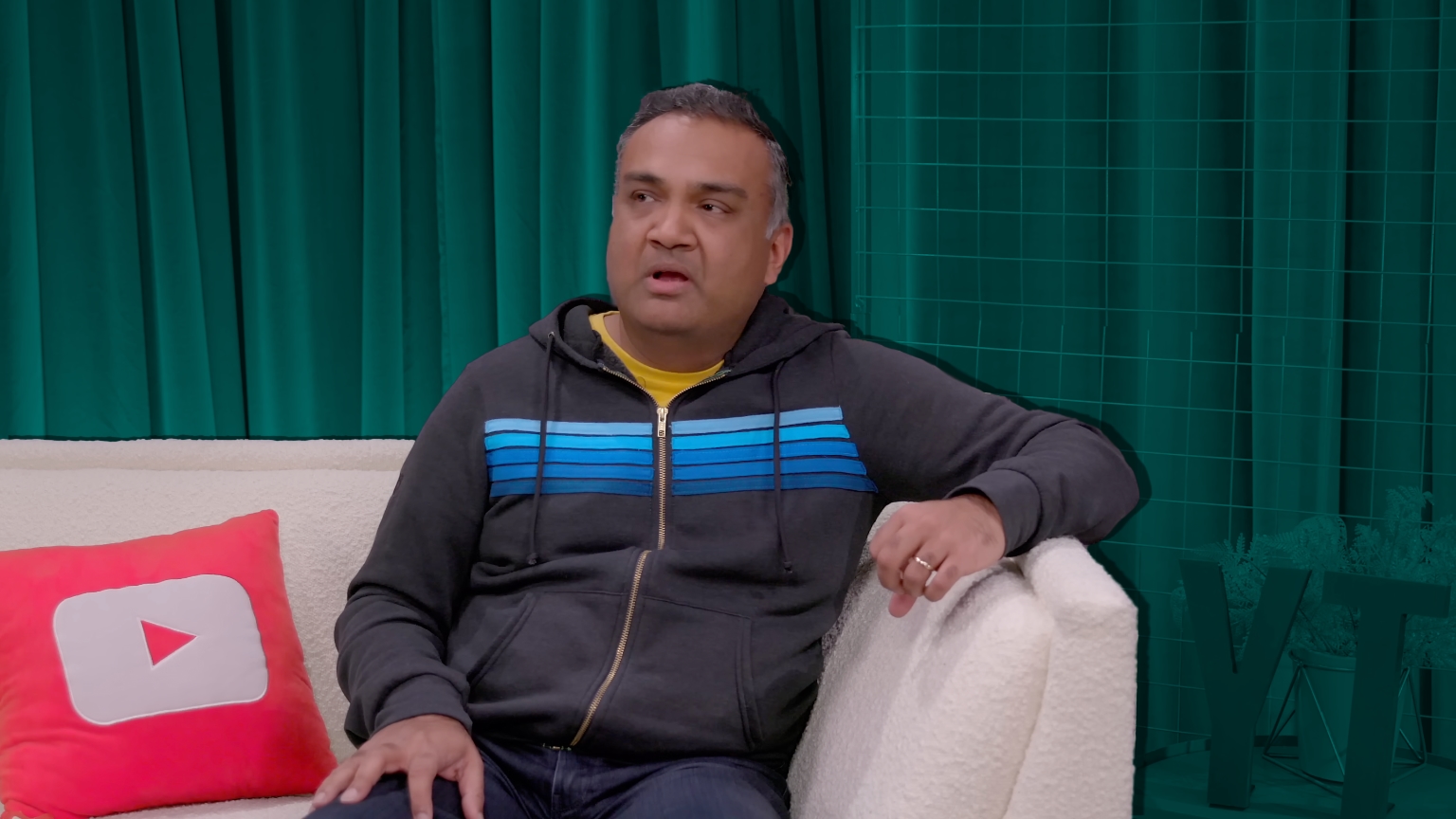New YouTube CEO Neal Mohan discussed how advertisers are the focus of its monetization policies during an interview with tech and travel creator iJustine and said the intention of monetization policy changes is to make advertisers feel “safe” and “more comfortable.”
Mohan discussed “putting yourself in the shoes of the advertisers” and said, “you have to make it so that it feels to the advertiser not just safe but relatively clear in terms of where their advertising is going to run.”
He continued: “They don’t want to inadvertently damage their brand in any particular way and so our policies are really oriented towards that when I say…one of the best ways to increase creator monetization is to make advertisers more comfortable with the content and that is the goal of our policy changes.”
Related: New YouTube CEO Neal Mohan supports censorship of “misinformation,” boosting “authoritative” sources
The discussion about monetization was related to a recent controversial change to YouTube’s monetization policies that prohibited profanity in the first eight seconds of a video. The policy was applied retroactively and resulted in many creators having their old videos suddenly demonetized. YouTube has since partially walked back this policy after creator backlash.
While YouTube partially rolled back this unpopular monetization policy, the specter of demonetization is something that creators constantly have to contend with. Over the last few years, channels that focus on firearms, drag racing, masculinity, and more have had their ability to earn ad revenue cut off by the tech giant.










